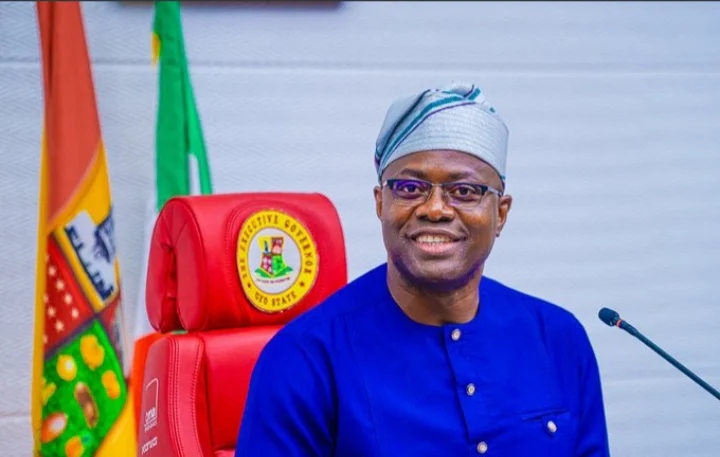Festus Keyamo, the minister of aviation and aerospace development, has criticised former Vice-President Atiku Abubakar for using a coat of arms letterhead to announce his departure from the Peoples Democratic Party (PDP).
He also expressed disapproval over Abubakar making the resignation letter public during the period of national mourning for the late President Muhammadu Buhari.
Buhari passed away on Sunday at a clinic in London, United Kingdom, and was laid to rest on Tuesday in Daura, Katsina state.
President Bola Tinubu had declared a seven-day period of national mourning in Buhari’s honour.
Despite this, Abubakar’s resignation letter from the PDP, dated July 14, was shared online on Wednesday.
Responding to the letter shared by Paul Ibe, Abubakar’s media adviser, on X, Keyamo said the former vice-president’s “perennial presidential ambition knows no sympathy or empathy”.
He wrote, “Your Excellency, Atiku Abubakar, whilst I acknowledge that it is within your constitutional right to change political Parties at any time you may wish, however, releasing your letter of resignation from the PDP during this week of the mourning of our immediate past President, Muhammadu Buhari, is clearly an attempt to draw the spotlight away from such a solemn occasion and direct it on yourself.”
“In fact (as the image below shows) you prepared, typed, signed and delivered that letter the morning after the passing away of the former President was announced.”
“With the greatest respect to you, this clearly demonstrates that your obsession with your perennial Presidential ambition knows no sympathy or empathy.”
Keyamo also pointed out that Abubakar’s use of the coat of arms letterhead, despite leaving office 18 years ago, is “illegal”.
He said, “And since we are on the issue of your letter, it is both morally and legally wrong to continue to use the Coat of Arms of the Federal Government in your private or political communications when you stopped being a functionary of the Federal Government more than 18 years ago.”
He cited Section 6 of the Flag and Coat of Arms Act, Cap. F30, Laws of the Federation of Nigeria, 2004, as the basis for his claim.
The law states that “Any person who, otherwise than in conformity with the terms of a licence granted by the Minister or under other lawful authority, uses or displays- (a) in connection with the carrying on of any business, trade, profession or calling; or (b) in connection with the activities of any body of persons, whether corporate or unincorporate, the National Flag, the National Coat of Arms or the Coat of Arms of royalty as Head of the Commonwealth, or any flag or arms so closely resembling that flag or either of those coat of arms that they might reasonably be taken to be that flag or coat of arms, shall be guilty of an offence against this Act.”
Keyamo further argued that using the national symbol in this manner is also “reprehensible”, as it gives the impression that Abubakar is acting in an official capacity on behalf of the government.
He said, “It borders on impersonation. Imagine a situation where all former Government functionaries continue to use the Coat of Arms of Nigeria in their personal, political or private communications. There would certainly be confusion everywhere.”
As a lawyer and a member of the federal executive council (FEC), Keyamo said he is obligated to uphold the laws of the country.

 BIG STORY3 days ago
BIG STORY3 days ago
 BIG STORY2 days ago
BIG STORY2 days ago
 BIG STORY3 days ago
BIG STORY3 days ago
 BIG STORY5 days ago
BIG STORY5 days ago
 BIG STORY3 days ago
BIG STORY3 days ago
 BIG STORY2 days ago
BIG STORY2 days ago
 BIG STORY2 days ago
BIG STORY2 days ago
 BIG STORY2 days ago
BIG STORY2 days ago













